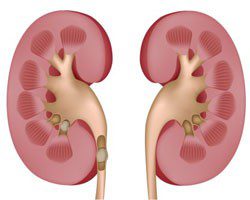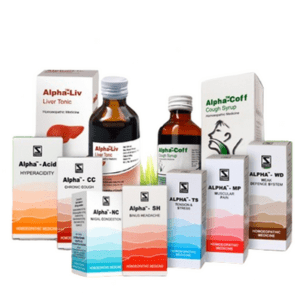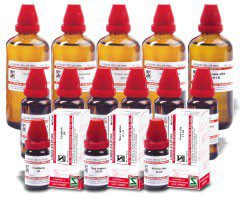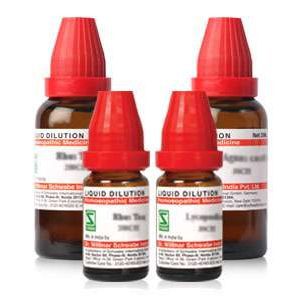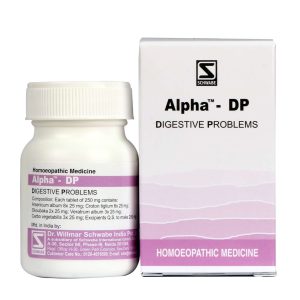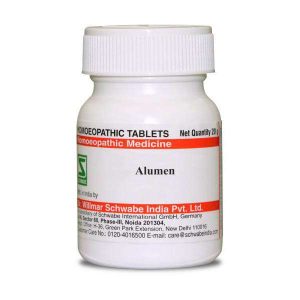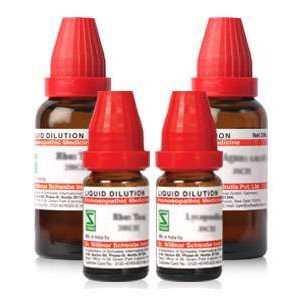
Homeopathic Eye Drops For Myopia: Do They Really Work?
- Dr. Aditi Sharma
- No Comments
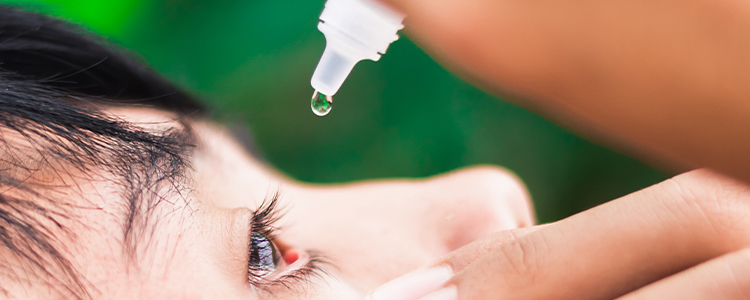
Myopia is also known as nearsightedness. It is a common condition related to vision. In this, the objects that are near they are seen clearly, but the objects that are at a distance appear hazy. Myopia may develop rapidly in some cases or gradually in others. Glasses and contact lenses are a common line of correction in the conventional system of medicine. Through this article, we will explore the role of homeopathy in the treatment of myopia.
Table of Contents
ToggleWhat are the Causes and Risk Factors of myopia?
The causes and risk factors of myopia are: –
- Genetics: Myopia often runs in families. It is more commonly seen in children where one or more of the parents have nearsightedness.
- Occupation and environment factors: The use of digital devices or even reading for an extended duration of time raises the risk of developing myopia.
- More indoor time: According to some studies, those who spend less time outdoors during their childhood are more likely to develop myopia later.
What are the signs and symptoms of myopia?
The signs and symptoms of myopia are: –
- Blurred vision when looking at distant objects
- Squinting to see clearly
- Eye strain or headaches
- Difficulty seeing while driving, especially at night
Also Read Eye Pain? Try Homeopathy Medicine for Quick and Effective Relief
What are the diagnostic tools for myopia?
The diagnostic tools for myopia are: –
Myopia is self-diagnosable. For confirmatory diagnosis, an eye care professional performs a comprehensive eye examination which includes: –
- Visual acuity test
- Refraction assessment.
What are the management and prevention tips for myopia?
The management and prevention tips for myopia are: –
- Regular Eye Exams: This helps in the early detection and treatment of myopia.
- Proper Lighting: Well–A lit room for working and studying helps to reduce strain on the eyes.
- Regular breaks especially from close work: Taking regular breaks especially while performing such activities that require one to focus closely can help lower the chances of developing myopia.
- Outdoor Activities: Encouraging children to go outdoors may help avoid myopia or delay the development of myopia.
Also Read Heal the Eyes with Effective Homeopathic Medicine
What is the role of homeopathy in the treatment of myopia?
Homeopathy has a significant role to play in treating eye disorders such as myopia. The conventional system of medicine relies on the use of eyeglasses and contact lenses to compensate for the elongation of the eye. In some cases, refractive surgery is done such as LASIK or PRK to reshape the cornea and provide permanent correction of myopia. However, there are some homeopathic medicines that especially when prescribed in the early stages of myopia help to correct the problem permanently. The role of homeopathy is particularly significant in treating progressive myopia that otherwise worsens due to abnormal growth of the eyes particularly during childhood and adolescence.
Homeopathy approaches myopia from a holistic perspective i.e. focusing on treating the individual rather than just the condition. The best homeopathic medicine for myopia is the one that is the most similar in its symptomatology to the disease manifestation in every single case of the disease. For this, a trained homeopathic physician elicits the symptoms from both the physical as well as mental sphere of the patient.
Along with homeopathic medicines for myopia one can also use Dr. Willmar Schwabe India’s Cineraria Maritima Schwabe eye drops. It is an alcohol-free preparation and comprises of Cineraria maritima mother tincture. The improved formulation has been fortified with Glycerinum 1X which acts like a lubricant and provides an added advantage, especially in cases of myopia with Dry Eye Syndrome. As the improved product has been formulated keeping efficacy, quality, and safety as the top priority it claims to cause no irritation to the eyes. It is particularly helpful in managing dryness and problems that are caused by prolonged exposure to computers, laptops, TVs, or mobile devices. It also has a role to play in the management of vision opacity.
CONCLUSION
Myopia, or nearsightedness, is a prevalent visual disorder characterized by a clear vision of nearby objects contrasted with a blurred vision of distant things. Typical indications and manifestations of myopia include impaired visual acuity while observing far-off objects, the need to squint for clear vision, ocular fatigue or headaches, and impaired vision when driving, particularly at nighttime. The etiology and predisposing factors of myopia include genetics, since myopia tends to be hereditary, as well as environmental variables including prolonged durations of indoor activities like reading or using digital devices, and insufficient exposure to outside environments, particularly during youth. Homeopathy has a substantial relevance in the management of myopia. It has a significant function, particularly in the early stages and fast-advancing instances of myopia. Homeopathy employs a unique methodology to address the treatment of myopia.











